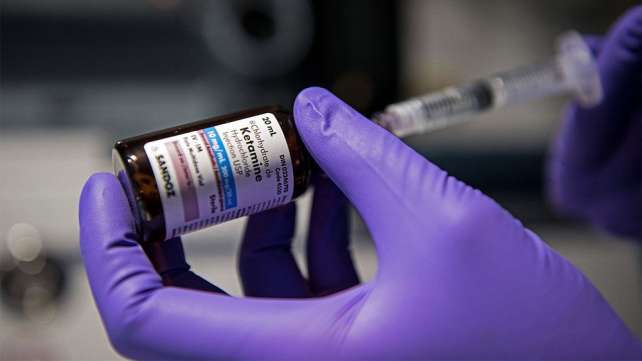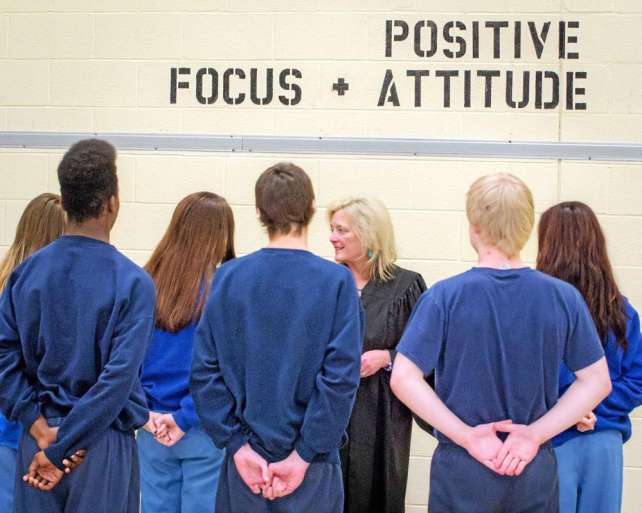“We need to address the root causes of crime, and that really fuels my passion for this work,” says T. Shekinah Braveheart, an artist and educator turned policy advocate.
Ms. Braveheart found her calling for justice as a volunteer wellness facilitator at Baltimore City Jail, serving the female juvenile and prenatal populations. She realized that…







